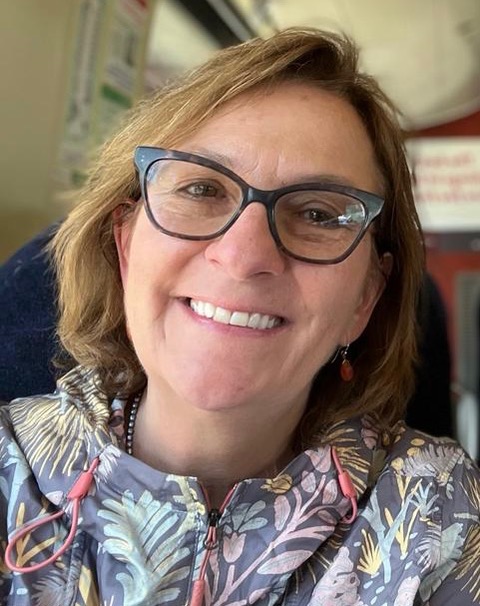
15 Jun Telluride Science Town Talks: Can the Soil Save Us? (Or the Dirt on Dirt), 6/20!
This week the 2023 Telluride Science Town Talks series continues with a special panel on agricultural climate solutions. The event takes place June 20th, 6:30 pm, at the Telluride Conference Center in Mountain Village. Town Talks are FREE and open to the public.
Visit telluridescience.org to learn more about Telluride Science and the capital campaign to transform the historic Telluride Depot into the Telluride Science & Innovation Center. The venue will be permanent home for Telluride Science and a global hub of inspired knowledge exchange and development where great minds get to solve great challenges.
The 2023 Telluride Science Town Talks series is being presented by Alpine Bank with additional support from the Telluride Mountain Village Owner’s Association.
Go here for more on Telluride Science.
Go here for more on Town Talks.
Please scroll down to watch a video on regenerative farming.

Cindy Lair Colorado Department of Agriculture. Courtesy Telluride Science.
Beneath our feet and seemingly everywhere, soils actually cover just 10% of the earth’s surface, and yet soils store over 3,000 gigatons of carbon – twice the amount = in plants and trees. The importance of soil can’t be overstated. We know that soil is crucial in that it provides nutrients for our food and purifies our water, but we’re still learning about how important soil is to maintaining our global biosphere.
Soil can either limit or exacerbate climate change. More than one-third of earth’s soil is devoted to agriculture and pasturelands and, since the start of the Industrial Revolution, those activities have released an estimated 135 gigatons of carbon into our atmosphere. (Rattan Lal, Ohio State University.) Changes to the way we manage these lands, however, could allow for more than five billion tons of carbon dioxide absorption annually. (Phys.org)
With better agricultural and land management practices, we could create a huge carbon sponge on the earth’s surface. The growing body of knowledge regarding soil supports many climate leaders as they push to enlist agriculture in the fight against climate change.
Telluride Science Board Member, Adam Chambers, is a long-time Telluride community member as well as a highly esteemed scientist with the USDA’s Natural Resources Conservation Service. Chambers will moderate Tuesday’s fascinating discussion which will feature panelists with varied perspectives on the topic and different approaches about ways to affect positive change.
Colorado is a leader in utilizing land to combat climate change. Governor Jared Polis has prioritized the climate-smart management of forests, farms, ranches, grasslands, wetlands, and urban green spaces, and the Colorado Department of Agriculture (CDA) recently received a $25M USDA Grant to fund soil health projects.
Cindy Lair directs the Agricultural Drought and Climate Resilience Office in the Conservation Services Division of the CDA. In that capacity, Lair oversees the Colorado Saving Tomorrow’s Agricultural Resources (STAR) and STAR Plus programs. STAR Plus provides financial and technical assistance to producers as they implement new practices
Chris Hazen, of the San Miguel Conservation Foundation, is the administrator of San Miguel County’s Payment for Ecosystem Services (PES) program. Hazen is promoting improvements in the way our local lands are managed through the PES program which provides incentives for landowners to change their practices to methods that protect natural resources and benefit the environment.
Just west of Telluride, Barclay and Tony Daranyi have already put regenerative farming into practice for over two decades at their 120-acre, solar-powered farm, Indian Ridge, where they raise organic grass-fed poultry, turkeys, layer hens and hogs, and tend to a 1.5-acre, bio-intensive vegetable garden.
Lair, Hazen, and the Daranyis will provide short presentations on the work they are doing, then Chambers will lead a discussion with all of the panelists to hear their views on where we are now regarding soil and how far we can go.


Sorry, the comment form is closed at this time.